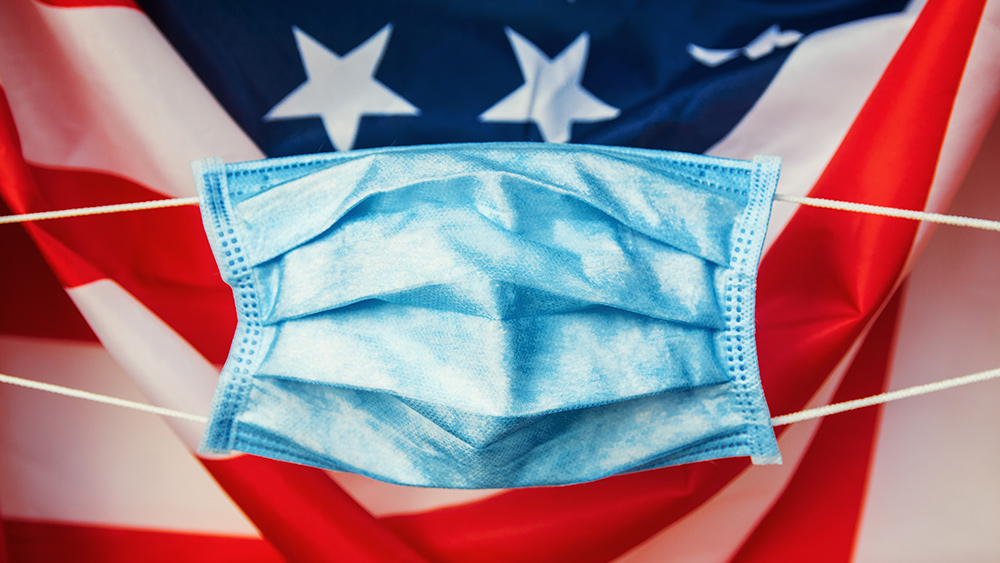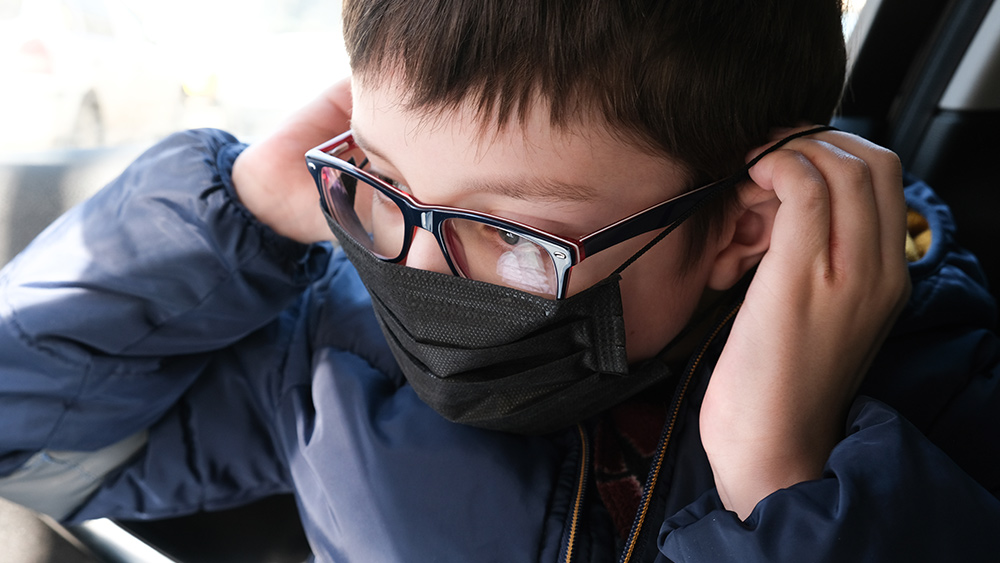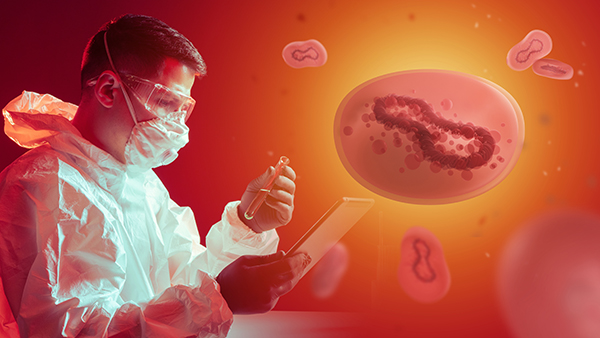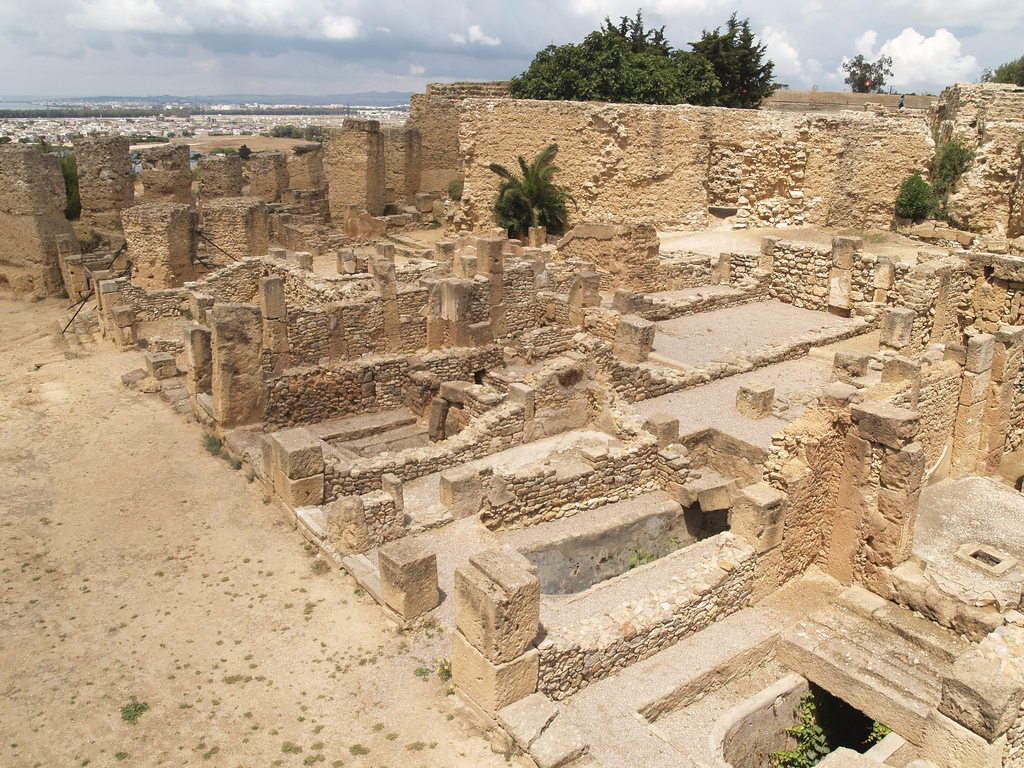Medical scientists cautiously describe 100% CURE for cancer using new monoclonal antibody treatment
06/09/2022 / By Ethan Huff

New research published in The New England Journal of Medicine (NEJM) suggests that a novel form of monoclonal antibodies could be a safe and effective cure for cancer.
The results of the small trial are already being hailed as “remarkable” and “unprecedented” because all 18 participants are now cancer-free, thanks to receiving dostarlimab every three weeks for six months.
One of the patients is now two years out of the trial and still cancer-free, which Dr. Luis A. Diaz Jr., the study’s author, told The New York Times “is the first time this has happened in the history of cancer.”
Fellow co-author Dr. Andrea Cercek, an oncologist at Memorial Sloan Kettering Cancer Center, added that there were “a lot of happy tears” at the conclusion of the trial, based on the results (Related: Joe Biden just cut off America’s supply of monoclonal antibodies for treating the Wuhan coronavirus, also known as Covid-19).
To qualify as valid, the study will still need to be replicated. However, Dr. Kimmie Ng, a colorectal cancer expert from the Dana-Farber Cancer Institute and associate professor at Harvard University, is convinced that the results from this one speak for themselves.
“We initiated a prospective phase 2 study in which single-agent dostarlimab, an anti–PD-1 monoclonal antibody, was administered every 3 weeks for 6 months in patients with mismatch repair–deficient stage II or III rectal adenocarcinoma,” the study reads.
“This treatment was to be followed by standard chemoradiotherapy and surgery.”
Dostarlimab works all by itself – no chemotherapy necessary
According to the Times, dostarlimab effectively “unmasks cancer cells, allowing the immune system to identify and destroy them.” Further cancer treatments such as chemotherapy, which is highly destructive to the body, are not necessary.
If true, this is great news for cancer patients everywhere who will no longer need to be pumped up with chemotherapy drugs, which increase the risk of more cancer forming followed by death.
Every patient who took dostarlimab “had a clinical complete response,” the study further reveals, “with no evidence of tumor on magnetic resonance imaging.”
“At the time of this report, no patients had received chemoradiotherapy or undergone surgery, and no cases of progression or recurrence had been reported during follow-up (range, 6 to 25 months),” the paper adds. “No adverse events of grade 3 or higher have been reported.”
Dr. Hanna K. Sanoff, MD, MPH, from the UNC Lineberger Comprehensive Cancer Center, says the results are “very encouraging,” but she is advising caution with getting too excited about them.
“These initial findings of the remarkable benefit with the use of dostarlimab are very encouraging, but also need to be viewed with caution until the results can be replicated in a larger and more diverse population,” Sanoff is quoted as saying.
“The responses in these first 12 of a planned-for 30 patients in the trial were remarkable and exceed what we would expect with the standard chemotherapy plus radiation. Although quality of life measures have not been reported yet, it’s encouraging that some of the most difficult symptoms, such as pain and bleeding, all resolved with the use of dostarlimab.”
There are, of course, many natural remedies out there that have also helped people recover and heal from cancer. They rarely receive attention from the experts, though, which makes dostarlimab unique.
“Monoclonal antibodies (drugs ending in ‘mab’) are wonder drugs that unleash the body’s power on various maladies,” wrote someone in the comment section at the Wire.
“They showed a lot of promise on covid, but big pharma and the FDA (but I repeat myself) stomped most of them down.”
The latest news about cancer research can be found in CancerSolutions.news.
Sources include:
Submit a correction >>
Tagged Under:
alternative medicine, breakthrough, cancer, cancer treatment, discoveries, dostarlimab, immune system, monoclonal antibodies, NEJM, Oncology, research
This article may contain statements that reflect the opinion of the author
RECENT NEWS & ARTICLES
COPYRIGHT © 2017 RESEARCH NEWS




















